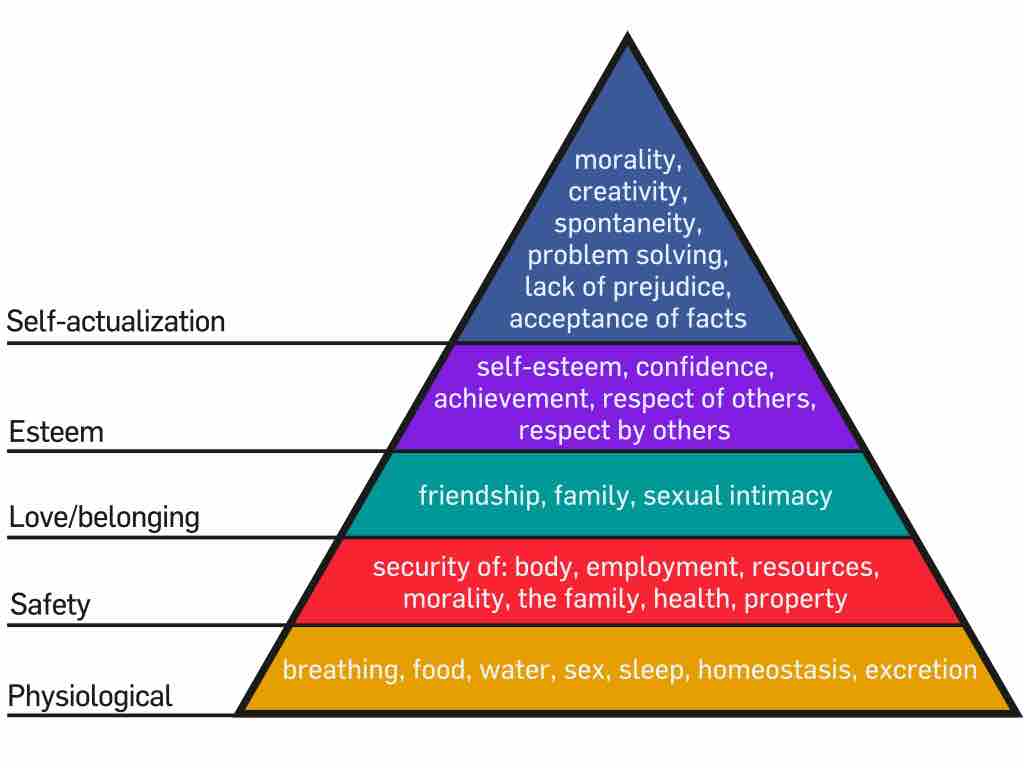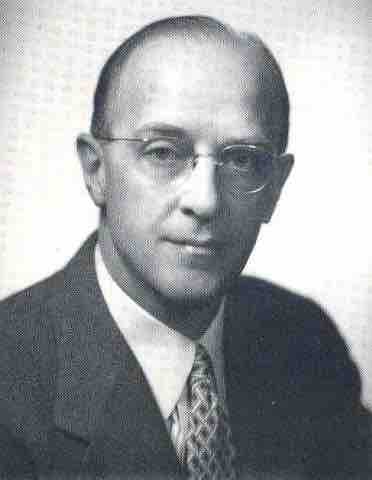Humanistic psychology is a psychological perspective that rose to prominence in the mid-20th century, drawing on the philosophies of existentialism and phenomenology, as well as Eastern philosophy. It adopts a holistic approach to human existence through investigations of concepts such as meaning, values, freedom, tragedy, personal responsibility, human potential, spirituality, and self-actualization.
Basic Principles of the Humanistic Perspective
The humanistic perspective is a holistic psychological perspective that attributes human characteristics and actions to free will and an innate drive for self-actualization. This approach focuses on maximum human potential and achievement rather than psychoses and symptoms of disorder. It emphasizes that people are inherently good and pays special attention to personal experiences and creativity. This perspective has led to advances in positive, educational, and industrial psychology, and has been applauded for its successful application to psychotherapy and social issues. Despite its great influence, humanistic psychology has also been criticized for its subjectivity and lack of evidence.
Developments in Humanistic Psychology
In the late 1950s, a group of psychologists convened in Detroit, Michigan, to discuss their interest in a psychology that focused on uniquely human issues, such as the self, self-actualization, health, hope, love, creativity, nature, being, becoming, individuality, and meaning. These preliminary meetings eventually culminated in the description of humanistic psychology as a recognizable "third force" in psychology, along with behaviorism and psychoanalysis. Humanism's major theorists were Abraham Maslow, Carl Rogers, Rollo May, and Clark Moustakas; it was also influenced by psychoanalytic theorists, including Wilhelm Reich, who discussed an essentially good, healthy core self, and Carl Gustav Jung, who emphasized the concept of archetypes.
Maslow's Hierarchy of Needs
Abraham Maslow (1908–1970) is considered the founder of humanistic psychology, and is noted for his conceptualization of a hierarchy of human needs. He believed that every person has a strong desire to realize his or her full potential—or to reach what he called "self-actualization." Unlike many of his predecessors, Maslow studied mentally healthy individuals instead of people with serious psychological issues. Through his research he coined the term "peak experiences," which he defined as "high points" in which people feel at harmony with themselves and their surroundings. Self-actualized people, he believed, have more of these peak experiences throughout a given day than others.
To explain his theories, Maslow created a visual, which he termed the "hierarchy of needs." This pyramid depicts various levels of physical and psychological needs that a person progresses through during their lifetime. At the bottom of the pyramid are the basic physiological needs of a human being, such as food and water. The next level is safety, which includes shelter and needs paramount to physical survival. The third level, love and belonging, is the psychological need to share oneself with others. The fourth level, esteem, focuses on success, status, and accomplishments. The top of the pyramid is self-actualization, in which a person is believed to have reached a state of harmony and understanding. Individuals progress from lower to higher stages throughout their lives, and cannot reach higher stages without first meeting the lower needs that come before them.

Maslow's hierarchy of needs
In Maslow's hierarchy of needs, a person must first have their lower-level, physical needs met before they can progress to fulfilling higher-level, psychological needs.
Rogers' Person-Centered Therapy
Carl Rogers (1902–1987) is best known for his person-centered approach, in which the relationship between therapist and client is used to help the patient reach a state of realization, so that they can then help themselves. His non-directive approach focuses more on the present than the past and centers on clients' capacity for self-direction and understanding of their own development. The therapist encourages the patient to express their feelings and does not suggest how the person might wish to change. Instead, the therapist uses the skills of active listening and mirroring to help patients explore and understand their feelings for themselves.

Carl Rogers
Carl Rogers was one of the early pioneers of humanistic psychology, and is best known for his person-centered approach to therapy.
Rogers is also known for practicing "unconditional positive regard," which is defined as accepting a person in their entirety with no negative judgment of their essential worth. He believed that those raised in an environment of unconditional positive regard have the opportunity to fully actualize themselves, while those raised in an environment of conditional positive regard only feel worthy if they match conditions that have been laid down by others.
May's Existentialism
Rollo May (1909–1994) was the best known American existential psychologist, and differed from other humanistic psychologists by showing a sharper awareness of the tragic dimensions of human existence. May was influenced by American humanism, and emphasized the importance of human choice.
Advantages and Disadvantages
Humanistic psychology is holistic in nature: it takes whole persons into account rather than their separate traits or processes. In this way, people are not reduced to one particular attribute or set of characteristics, but instead are appreciated for the complex beings that they are. Humanistic psychology allows for a personality concept that is dynamic and fluid and accounts for much of the change a person experiences over a lifetime. It stresses the importance of free will and personal responsibility for decision-making; this view gives the conscious human being some necessary autonomy and frees them from deterministic principles. Perhaps most importantly, the humanistic perspective emphasizes the need to strive for positive goals and explains human potential in a way that other theories cannot.
However, critics have taken issue with many of the early tenets of humanism, such as its lack of empirical evidence (as was the case with most early psychological approaches). Because of the inherent subjective nature of the humanistic approach, psychologists worry that this perspective does not identify enough constant variables in order to be researched with consistency and accuracy. Psychologists also worry that such an extreme focus on the subjective experience of the individual does little to explain or appreciate the impact of external societal factors on personality development. In addition, The major tenet of humanistic personality psychology—namely, that people are innately good and intuitively seek positive goals—does not account for the presence of deviance in the world within normal, functioning personalities.